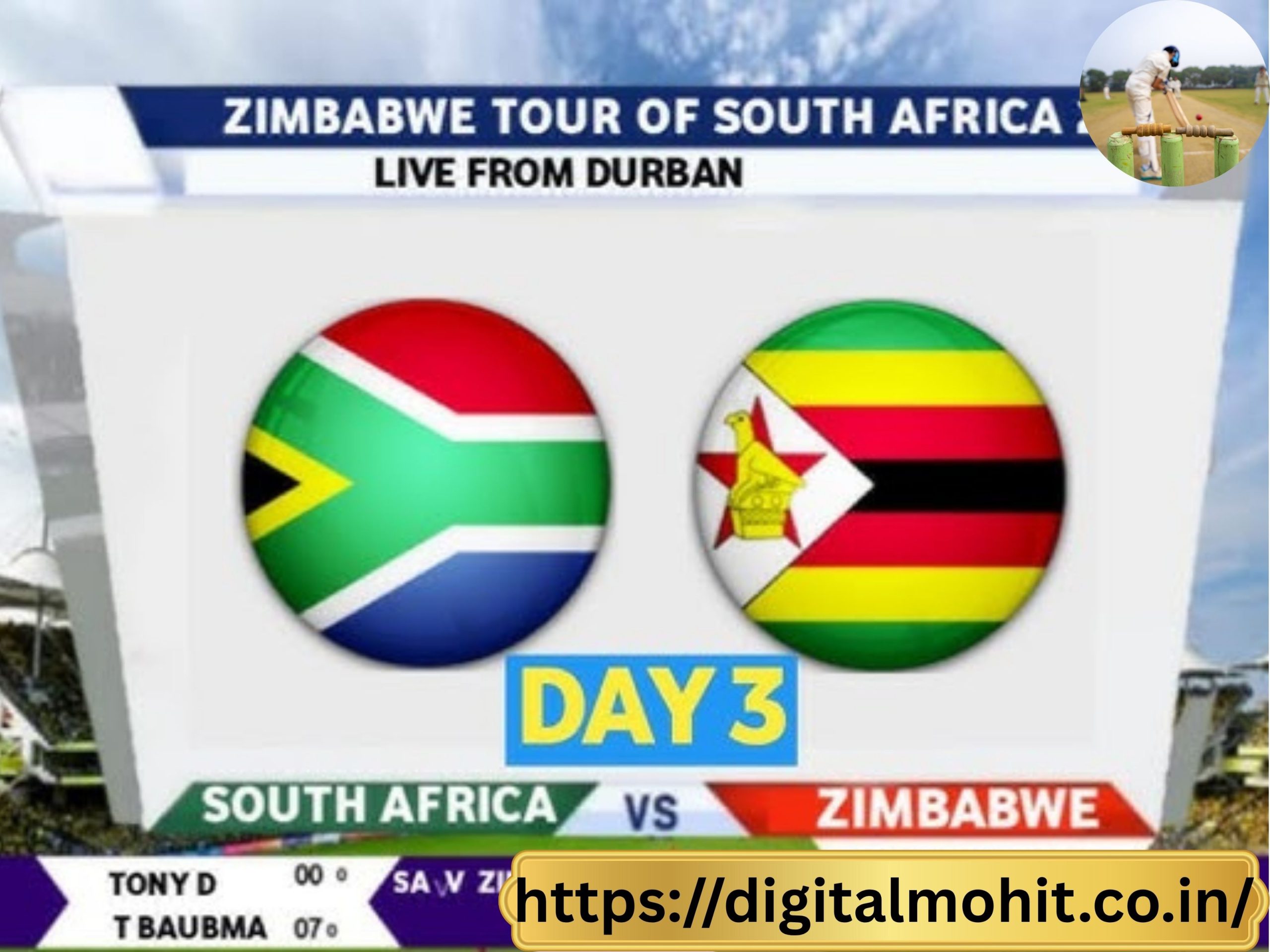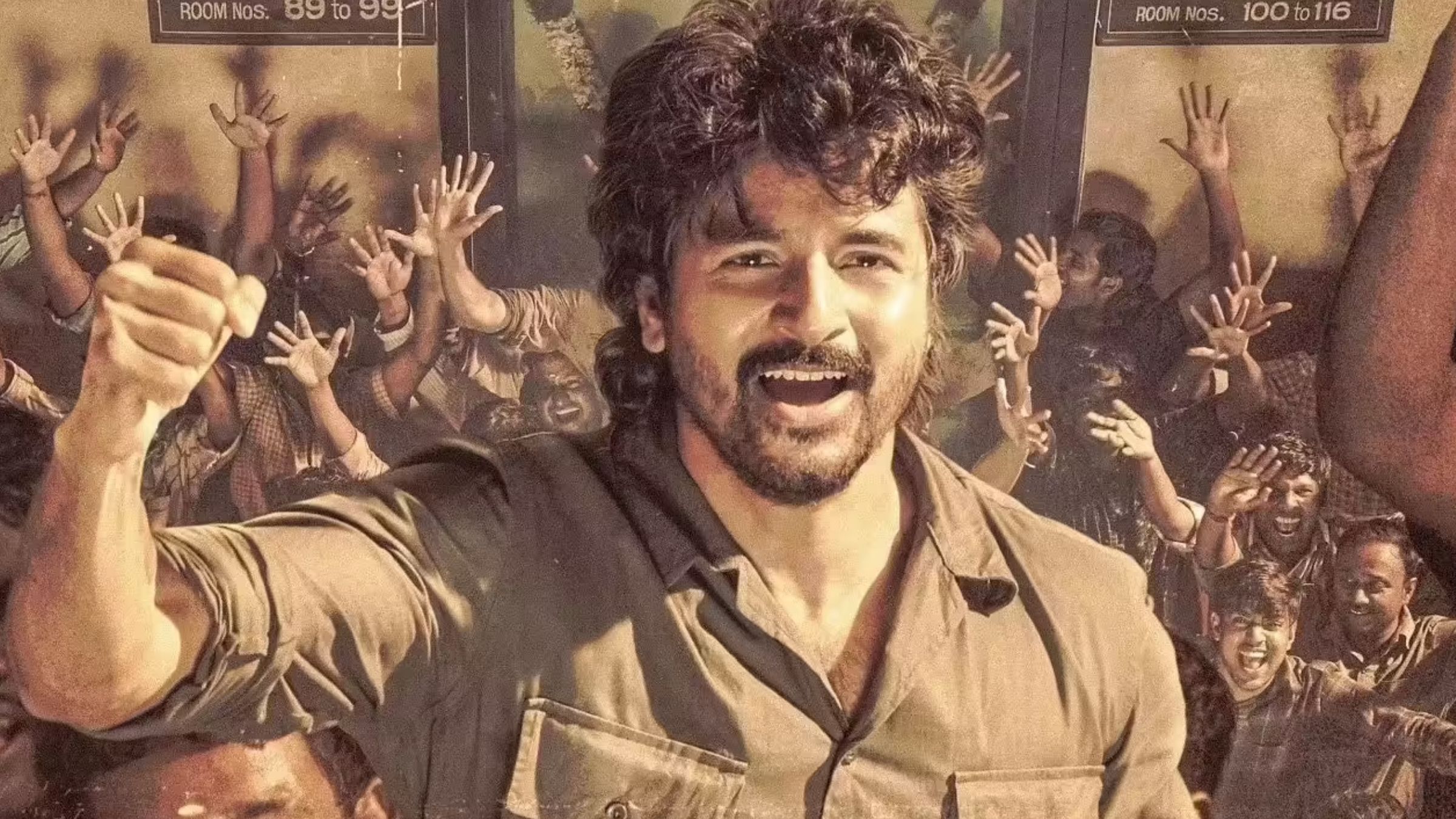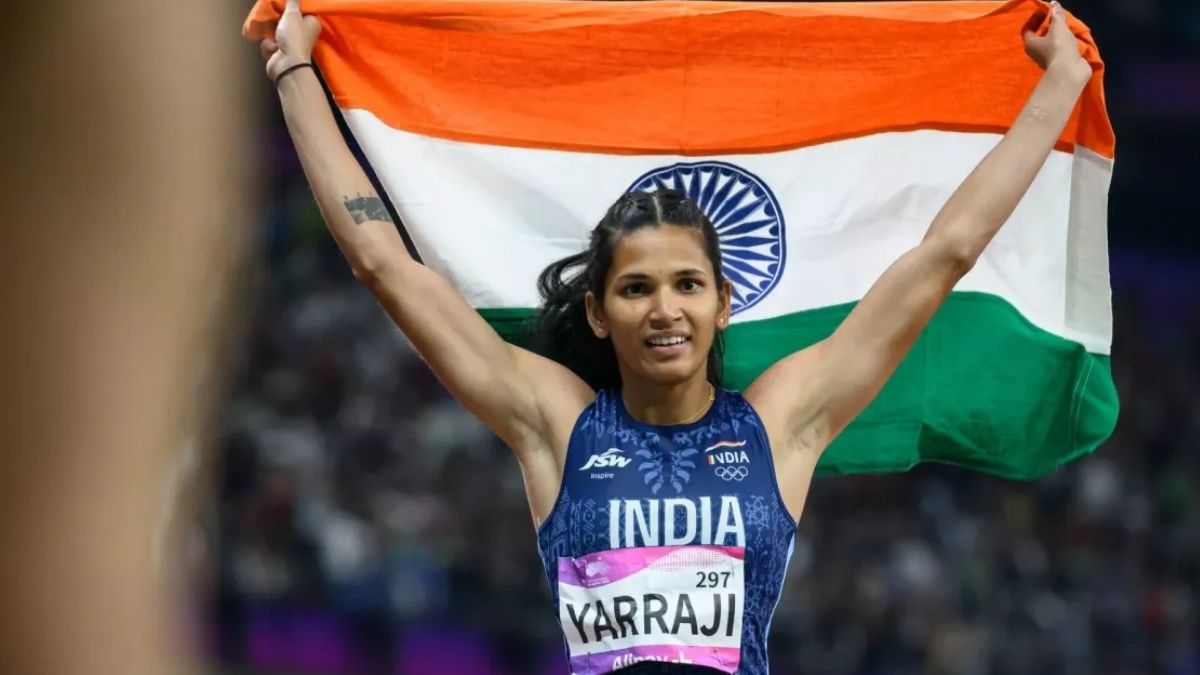When the Limpopo River draws its curve between South Africa and Zimbabwe, it doesn’t just separate two nations—it connects two hearts that beat with shared rhythms, complex histories, and intertwined futures. The story of South Africa vs. Zimbabwe is not one of rivals in the traditional sense, but of siblings navigating a delicate balance between competition, collaboration, and co-existence.
LEARN MORE : https://digitalmohit.co.in/
A Shared History with Diverging Paths
Once under the oppressive shadows of colonial rule, both South Africa and Zimbabwe fought bitter struggles for freedom. Zimbabwe, formerly Southern Rhodesia, won its independence in 1980 after a long liberation war. South Africa followed 14 years later in 1994 with the end of apartheid. But the similarities, striking at first glance, began to diverge in practice.
While South Africa transitioned into a constitutional democracy led by the moral icon Nelson Mandela, Zimbabwe under Robert Mugabe took a more authoritarian path. For Zimbabweans, the post-independence years brought pride but also spiraling inflation, land seizures, and international isolation. South Africa, meanwhile, emerged as the continent’s economic and diplomatic powerhouse.
Yet, despite their different trajectories, the connection between the two never faded.
LEARN MORE : https://digitalmohit.co.in/category/news/
Economic Ties and Human Movement
Walk into any South African city—from Johannesburg to Cape Town—and you will meet Zimbabweans contributing to the economy in countless ways: as engineers, domestic workers, doctors, waiters, and entrepreneurs. Economic migration from Zimbabwe to South Africa exploded in the 2000s during Zimbabwe’s economic collapse.
To some South Africans, this influx has sparked tension, fanned by unemployment and political rhetoric. Xenophobic attacks have tragically stained the relationship. But beneath those headlines lies a quieter truth: Zimbabweans have become a vital part of South Africa’s social and economic fabric.
On the other side, Zimbabwe remains heavily reliant on remittances sent from South Africa. This people-to-people connection—rooted in family, labor, and shared hardship—defies the notion of rivalry. Instead, it’s a story of survival and silent solidarity.
Sporting Spirit: Football, Cricket, and National Pride
In stadiums across Southern Africa, the “vs” in South Africa vs. Zimbabwe comes alive most viscerally. When Bafana Bafana takes on The Warriors, or when the Proteas face off with Zimbabwe’s Chevrons on the cricket pitch, it’s more than a game—it’s a battle of pride.
Despite South Africa’s higher world rankings in most sports, Zimbabwe often punches above its weight. Matches are heated, and fans are passionate. But again, there is a unique camaraderie: many Zimbabwean players have made their careers in South African clubs, and vice versa. There’s rivalry, yes—but also a sportsmanlike bond that goes beyond borders.
Politics and Power Plays
On the political stage, South Africa has often found itself walking a diplomatic tightrope with Zimbabwe. While some South Africans have urged tougher stances against authoritarianism in Zimbabwe, the ANC-led government has preferred “quiet diplomacy.” Critics argue this has enabled political oppression in Harare; defenders say it’s a pragmatic approach rooted in regional stability and respect for sovereignty.
Recent years have seen Zimbabweans calling for reform, democracy, and international support. Many look to South Africa not just as a neighbor but as a potential big brother. It’s a role that South Africa has accepted with caution—aware of the regional implications but hesitant to interfere overtly.
Culture and Connection
South Africa and Zimbabwe share more than history and geography—they share music, language, and stories. From the mbira rhythms of Zimbabwe to the deep house beats of Johannesburg, cultural exchange thrives.
In Johannesburg’s Hillbrow, you might find a Zimbabwean sculptor selling his work next to a South African poet performing spoken word. Ndebele art, spanning both countries, reminds us that the borders we draw are often artificial compared to the cultural ties we live.
Artists, writers, and filmmakers from both sides are increasingly collaborating, telling stories that reflect the shared Southern African experience—rich in beauty, burdened by complexity, and always evolving.
Looking Ahead: From Rivalry to Regional Renaissance?
If there’s a rivalry between South Africa and Zimbabwe, it’s not one rooted in hatred. It’s a sibling rivalry—deeply emotional, occasionally explosive, but bound by blood, history, and fate.
Both nations stand at pivotal crossroads. Zimbabwe is slowly navigating its path post-Mugabe, with challenges in governance, economy, and international credibility. South Africa, too, faces its own internal crises—from energy shortages to economic inequality. But together, they represent the possibility of a Southern African revival.
Regional bodies like SADC (Southern African Development Community) hint at a future where these nations collaborate more deeply, not just in trade and security, but in innovation, climate policy, and education. That dream isn’t easy—but it’s shared
Voices from the Border
“When I left Bulawayo to find work in Johannesburg, I didn’t leave home—I just found a second one.”
— Tinashe M., Zimbabwean nurse in Soweto
“We may grumble, but we know our Zimbabwean brothers work hard and bring something valuable to our country.”
— Lebo S., South African taxi owner in Pretoria
These human stories—more than political soundbites or economic statistics—reveal the real heart of the South Africa vs. Zimbabwe story.
Final Thoughts
“South Africa vs. Zimbabwe” isn’t just about borders, policies, or games. It’s about people—millions of them—living side by side, dreaming of better lives, and shaping the soul of Southern Africa together.
Whether you look at the friendship forged in struggle, the tension bred by economic inequality, or the joy of shared victory on a football pitch, the relationship remains beautifully complicated.
And perhaps, that’s what makes it so human.
















Leave a Reply